Newer Pilots Need Mentors to Learn How to Fly Safely
My dad was a trainer in World War II in a Stearman. From a young age, he instilled the love of flight in me. Our family always drove a modest car, but had a small airplane in the hangar. Every year we would fly from California to Indiana or Seattle for family reunions, but more often than not, we took local flights for airport days or business. He was the one that used to rattle off the adage about old bold pilots.
I am lucky to have had my Dad as a mentor. Many newer or younger pilots could benefit from such mentorship. Dad was extremely cautious flying his family around. He amassed over 10,000 hours before he stopped flying. As a girl I studied him – he was my idol. I watched him as he planned for long flights, studied the weather, and was cognizant of baggage and loading.
Here, I want to focus on not only how to be a mentor, but some of the differences between mentoring males and females in aviation. Only 6-7% of the pilot population is female. Learning a bit about educating and inspiring them might help us to increase our ranks.
Here are some basic brain facts.
Probably the most basic is that I believe that men have waffle brains and women have spaghetti brains. Waffles have distinct lines, edges and areas that contain the butter and syrup. There is a little box for everything.
A bowl of spaghetti is quite different. Every noodle touches every other noodle, it is hard to tell where one ends and another begins. The entire bowl of noodles is connected.
In a nutshell, males tend to be organized with a drive to exhibit competence. Females tend to be hard wired for connection. If you want your mentee to learn to fly safely and make real world, real-time decisions about aviation safety please consider this:
Males
- Men have larger parietal cortices [sense of perception] and amygdala [sexual and social behavior].
- Men have more grey matter full of active neurons; this might explain more physically or mentally active professions like airplane pilots, racecar drivers, and mathematicians.
- Larger amygdala: controls fight, flight and freeze responses.
- More likely to take action on negative emotion or fear response.
Females
- Brain scans have shown that frontal lobes [the inner CEO] and limbic cortices [emotional responses] were larger.
- Women have more white matter, which is another reason they work faster.
- In women’s brains, the neurons are packed in tightly.
- Women have greater activity in the brain’s hippocampus.The female brain has a larger corpus callosum that connects emotion and cognition and lets them rely heavily on oral or verbal communication.
- The female brain secretes more serotonin and oxytocin, which connects them further to the emotional world.
Mentoring and teaching differences
If we talk about becoming a safer pilot, and show examples, mentees will see it as a possibility. Males will be excited about the individual mastery or competence in aviation-WAFFLE. Yet they might actually be held back in talking about fears due to organization around competency. Females will be excited to be part of a group of women pilots-SPAGHETTI. Yet they might not see many examples of other women pilots.
Males might be better with conceptualizing basic principles of safe flight and/or decision-making. Females would most likely learn better by hands-on demonstration or use of a simulator.
This is just a drink from the fire hose of mentoring and flight safety. Hopefully it will inspire you to be of service to other pilots or want-to-be pilots. We need to create a safe space for our mentees to be vulnerable as learners. Our judgment and decision-making are what helps us keep flying safely. Share what you know with others.

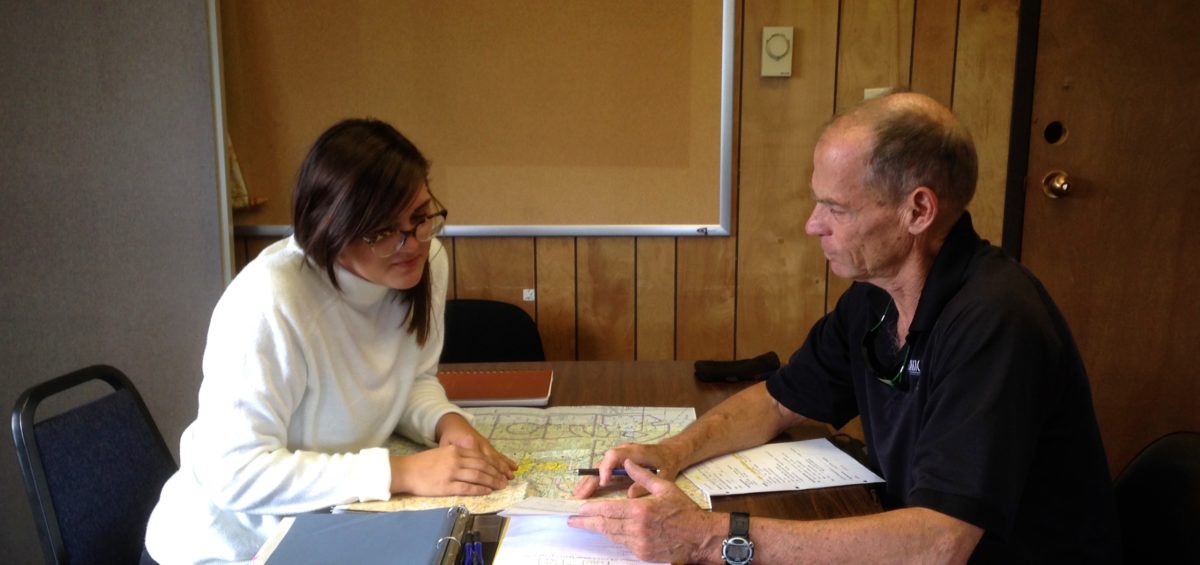
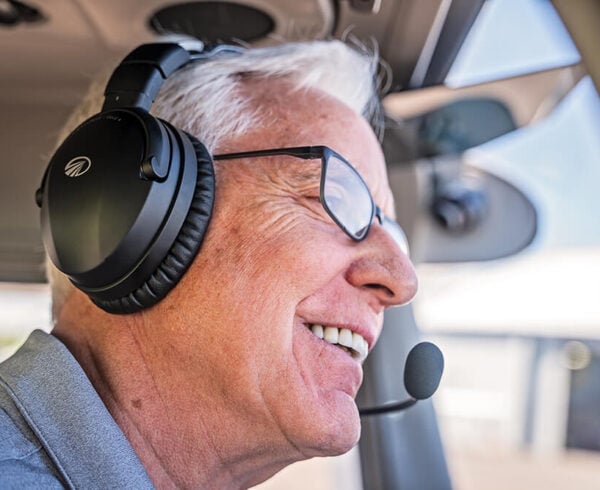
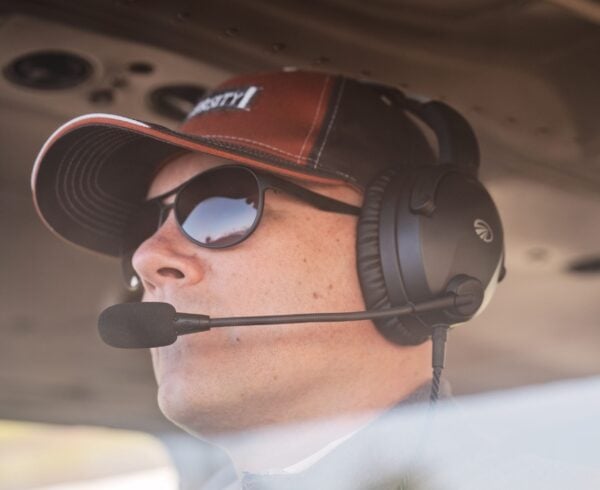
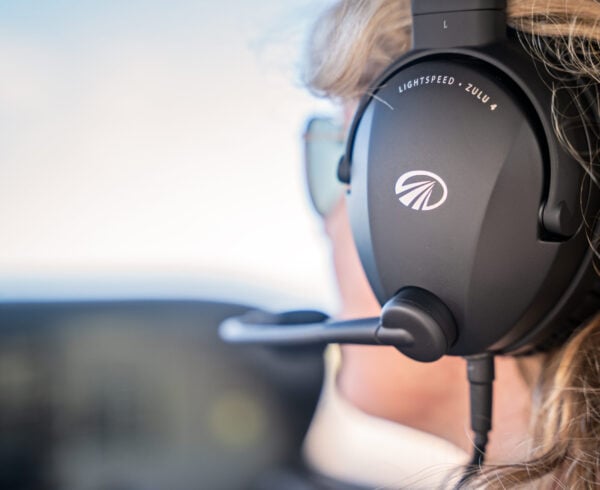
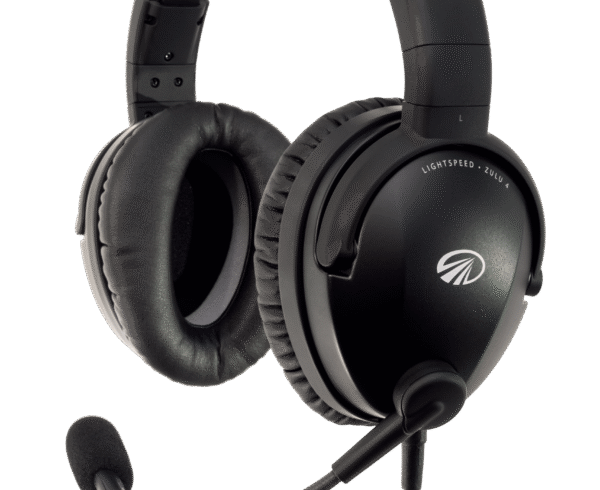
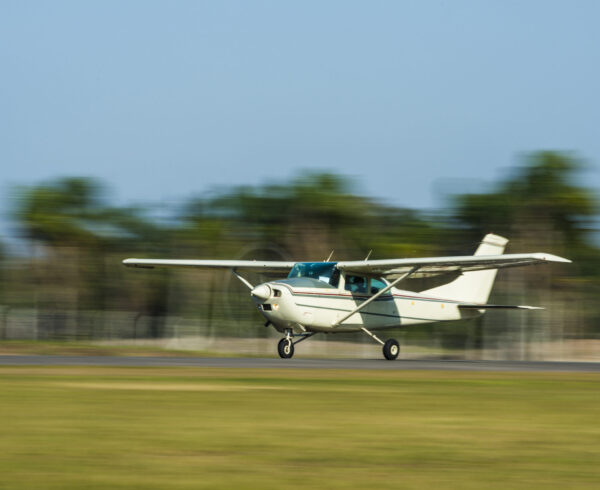








Generalizing learning based on sex is no guarantee that behavior will follow – regardless of how a brain is wired. For whatever reason ATP Mom got the concepts and Dad learned better by example – same for my husband and me.
It bothers me that the article seems to perpetuate a stereotype of women being more emotional. In my opinion it does a disservice to women pilots. After decades of cross-country speed air racing and racing once around the world and winning, both women and men learn and retain flying skills in manners slightly differently for each person – in my opinion.
Thank you for your comment Jayne. As a psychotherapist and a pilot I am interested in the science and the art of human nature. The science in the article is the science, I don’t think it is a disservice to talk about facts. My goal was to encourage folks to consider traits that can be borne from the biological differences. For every rule in science there is an exception, as in the case with your Mother and Father. What a happy family you must have, full of aviation lovers. One of the happiest aspects of my life is sharing the love of aviation to others and inspiring the love of flight.
Having been an instrument rated private pilot , former owner of an M20C Mooney aircraft and a former California Licensed Marriage and Family Therapist, I totally agree with Jolie’s comments comparing male and female traits. Bravo Zulu Jolie!!!
Good reading thank you
Great Article
Amen sister! I laughed out load reading your piece. Excellent work. I am not a CFI, but I am/have been a motorcycle instructor and firearms instructor. I can tell you for a fact that it is way different teaching the two species of humans. I also learned quickly to hold women only classes if possible and bar any male acquaintances from the class. Personally I find instructing women more fun, the species tends learn quicker (because the provide better feedback, and don’t see it as a competition).
Most of the women I have taught to shoot are significantly better than most men I have taught. The first thing I have to do in teaching men to ride or shoot is to establish dominance, I have to be THE alpha male, if not I will have a bunch of guys who want to show out how good they are without instruction. It is both exhausting and irritating, not to mention a waste of time. It would be a great idea to have good mentors available, one would hope that the CFI would be that person, however that is not the case, I have had 5 CFI’s in my flying experience, none were what I would consider a mentor, only one even had what I would consider basic communication skills. A precious few are in it for the love of teaching and have the skill set to teach, most are collecting hours to move on to other things. In my opinion that is a significant, if not the reason why there is such a high percentage of drop outs in private pilot training. I would also suggest that women are going to have a greater problem succeeding because of it, Jolie is telling it straight up. A good mentor is worth their weight in gold and just as scarce.
Great article; very informative. I particularly liked your waffle-spaghetti analogy; it makes it very visually relatable. Congratulations on your GA accomplishments and advocacy. As one who started flying at 60 and is now approaching 1000 hours, I wonder if you didn’t mean that your Dad amassed over 10,000 hours (versus miles)??